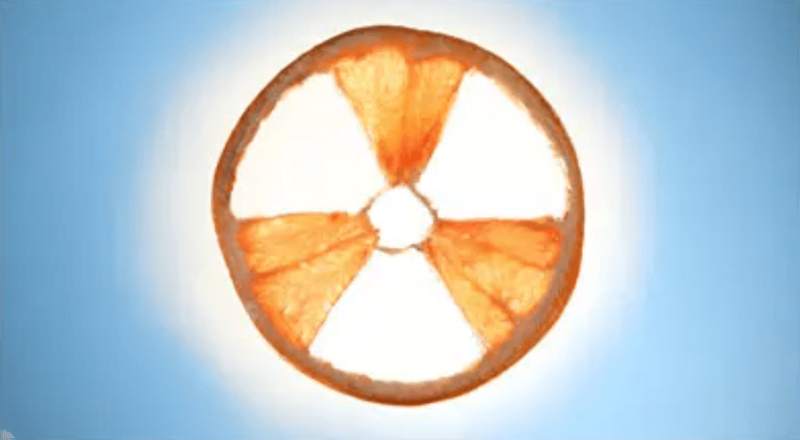You may be amazed to hear that some of the ‘natural’ foodstuffs you eat today may have also originated from mutant plants — large atomic farms that expose growing seeds and pollen to radiation to mutate their DNA.
The world’s leading nuclear scientists initially conducted the experiments in giant atomic gardens on the grounds of national laboratories in the US and Europe.
In some instances, this extensive experimentation with genetic mutations led to traits in crops such as larger seeds, cold and disease resistance, new colors, or sweeter fruits never seen in nature or lost during evolution. However, the results from these expansive atomic facilities remain cloaked in secrecy, with the majority of statistics passed down via oral histories. Results went unpublished for the most part and the location of these gardens was shrouded in secrecy.
Still, reading the available literature, one can glean that the practice of plant irradiation resulted in over 2000 new varieties of plants – now rumored to be used in agricultural production by various publications. One solid example is the Rio Star Grapefruit, developed at the Texas A&M Citrus Center in the 1970s, now accounting for over 75% of all grapefruit produced in Texas.































